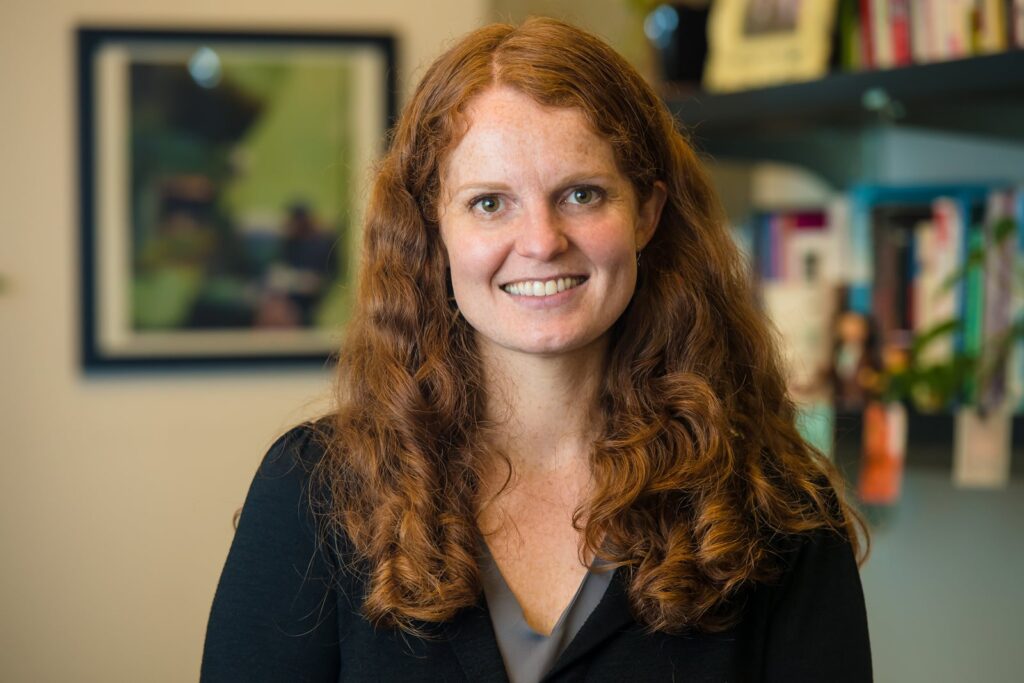
Camille Walsh’s research is drawn from an idea that inspired her in a constitutional law class in law school — the idea of a right to education.
Her research in graduate school and now at the University of Washington Bothell found that defenders of racially segregated schools in the 20th century often claimed “taxpayer” identity. Claiming identity as a taxpayer implies other people aren’t taxpayers, aren’t entitled to the same educational services.
“So you see ‘taxpayer’ as a code for ‘whiteness’ evolve over the years, and it becomes a way to say something racial in defense of segregation. But it appears neutral to say, ‘I’m a taxpayer,’” said Walsh, an assistant professor in the School of Interdisciplinary Arts & Sciences.
That black communities weren’t contributing taxes was a faulty assumption. In some cases, people of color were taxed more and had their taxes appropriated for white schools, said Walsh. Because the tax system is so opaque and difficult for most people to understand, “it’s actually the perfect place for all kinds of powers to do their work behind the scenes.”
Virtually everyone pays taxes in some way, even indirectly, as through rent. The mistake is viewing taxation as a transaction in which people “buy” rights from the government, Walsh said. Individuals who feel they’re buying privileges for their families can conclude the poor deserve less.
Walsh’s research culminated in the book, “Racial Taxation: Whiteness, Segregated School Funding and Taxpayer Citizenship, 1869-1973,” which will be published in February by the University of North Carolina Press.
Related research is taking form in Walsh’s next book, “Race, Place and Price: Tuition Segregation and Public University Financing in the U.S.,” which examines the limitations on mobility, access and opportunity in state-funded colleges.
Walsh, who has a law degree and a history doctorate, has been on the faculty at UW Bothell since 2011. She teaches American and ethnic studies as well as law, economics and public policy. In 2013, Walsh co-founded the Bothell Youth Court, a program in which UW Bothell students mentor high school students who in turn handle the cases for some young traffic offenders. The students learn and dispense restorative justice, which seeks to reconcile offenders with the community.
As a tax scholar who grew up poor in a small town in Oregon, benefiting from welfare, Walsh believes taxation is a system that stabilizes society by providing a safety net for the vulnerable.
“I grew up receiving things that were provided to me by the tax system, by people I never saw but who were more able in that moment to contribute to a system that provided food stamps for my family and access to public school,” Walsh said. “I’ve tried to do something with that in my life. I’ve tried to take advantage of the opportunities I was given and be aware of the fact that those were given by all the people who paid their taxes.”
There’s nobility in paying taxes and being part of the system that includes everyone, Walsh said.
“You’re contributing to people you don’t see. You’re giving money to those outside of your family. It takes a certain level of generosity and community to understand and embrace that,” Walsh said.



